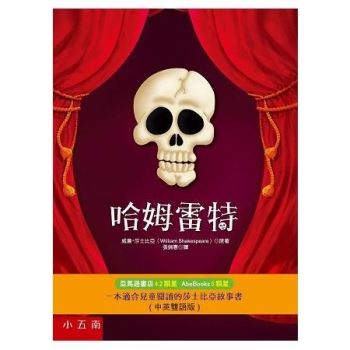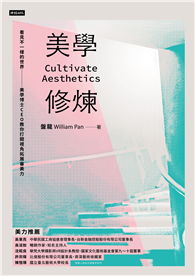Organ and tissue donation is not only life-saving or life-improving, but is a part of quality end-of-life decisions in the intensive care unit. The efficacy of any organ and tissue donation process lies on the efficiency of individual steps in the process and not on reporting crude statistics. An examination of these individual steps allows not only for the identification of any possible shortcomings within a process, but provides a base on which comparisons to other systems can be made. This study examines the practices around organ and tissue donation over 5 years in a department of critical care medicine. The practices were developed on expectations around quality end-of-life care for patients in the intensive care unit. The results of this study demonstrate that a process whereby organ and tissue donation is viewed as a measure of quality end-of-life care, and a process that is inherent to critical care, is efficient and could be adopted by other critical care groups. Further, if an efficient process exists, the ethical propriety of increasing organ supply using alternative sources can be examined.
| FindBook |
|
有 1 項符合
Barnieh的圖書 |
 |
$ 3505 | Organ and Tissue Donation
作者:Barnieh 出版社:VDM Verlag Dr. Mueller E.K. 出版日期:2008-05-16 語言:英文 規格:平裝 / 128頁 / 22.9 x 15.2 x 0.8 cm / 普通級  看圖書介紹 看圖書介紹
|
|
|
圖書介紹 - 資料來源:博客來 評分:
圖書名稱:Organ and Tissue Donation
|











